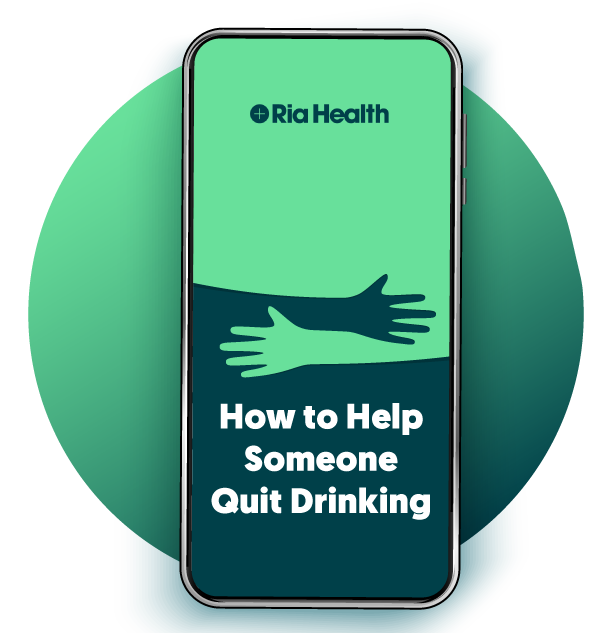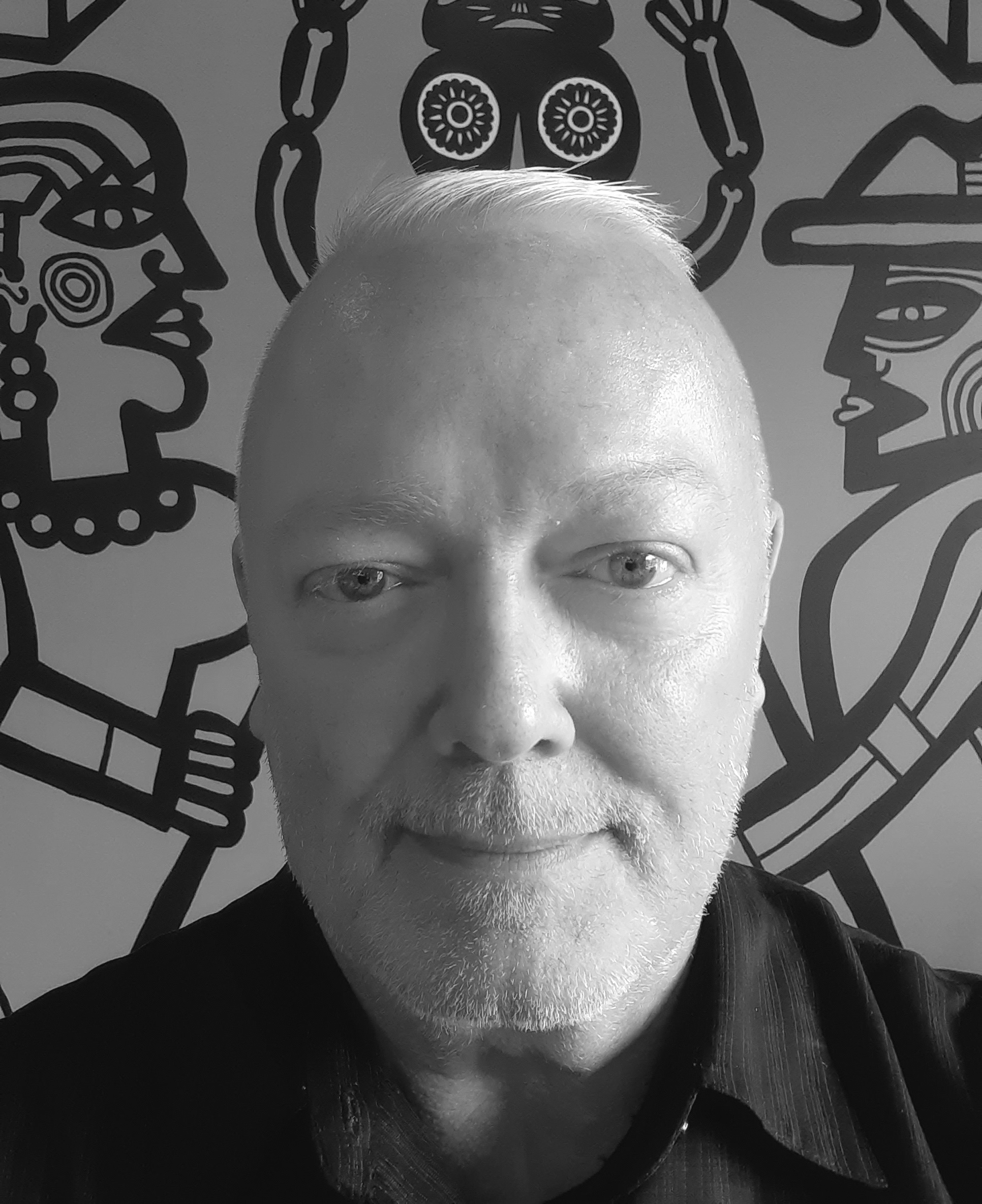Is Your Spouse Hiding Alcohol? How to Know When Someone’s Lying About Drinking

Being able to tell if a loved one has an alcohol problem isn’t always easy, even when it’s someone you know as well as your spouse. And this is especially true if your loved one goes out of their way to hide their drinking habits from you.
But what are the signs that your spouse is hiding their alcohol use, and why would they feel the need to keep it a secret? And if they are drinking behind your back, how can you talk to them about it?
In this post, we’ll take a look at the reasons why someone would be lying about alcohol, signs to look out for, and how to approach the issue compassionately.
Why Someone Might Hide Their Alcohol Use
Someone hiding alcohol use may do so because of internalized shame and the stigma of addiction. Even though there’s been a recent shift towards compassion for those with addiction, that stigma still exists — and the people who are struggling feel it.
A person with alcoholism may internalize this stigma and blame themselves, believing something is inherently “wrong” with them. They may be afraid of their loved ones shunning them or being angry with them.
Deep down, your spouse may know that their alcohol use is damaging. So, they might hide it to protect themselves and avoid conflict, especially if they want to continue drinking or don’t feel strong enough to stop.

Download Our Free Guide
Download our guide on How to Help Someone Quit Drinking. Learn more about alcohol use disorder, communicating with a loved one, and the resources available to help.
How to Tell if Someone Is Hiding an Alcohol Problem: Signs to Look Out For
Here are some signs to look out for if you suspect your partner has been lying about drinking.
(Note: Not all of these signs mean your partner has an alcohol problem. Some of these may apply to scenarios unrelated to alcohol addiction, and some may not apply at all in your specific situation.)
1. They are hiding alcohol around the house
People with alcohol problems often know that their habit has become unhealthy, so they hide the evidence by stashing their bottles away in cabinets, drawers, or even in their car.
2. Your partner seems to be isolating themselves
They may self-isolate in an attempt to avoid conflict and shame. As addiction progresses, some people feel more and more detached from those around them. And as a result, they may spend more time alone.
3. They have intense mood swings
Alcohol dependence can lead to an unstable mood. When someone’s been drinking, they may be more friendly or talkative, quick to anger and irrational, or even feel sad and depressed more often.
4. They want to drink in response to nearly any situation
While a spouse may be able to hide the extent of their alcohol use, you might still notice them saying they “need a drink” often. Whether they’re stressed about work or slightly inconvenienced at home, your partner might turn any occasion into a time to drink.
5. They are having problems with work, school, or family life
Someone dependent on alcohol may have problems with their performance at work, show up late to events, or see worsening and distanced relationships with their family members.
6. Your loved one shows signs of intoxication but denies drinking
They might have glassy eyes, slurred speech, and lack of coordination — all classic signs of intoxication. But when you confront them about drinking, they deny it, even if your intuition tells you otherwise.
How to Approach a Loved One Who Is Hiding Alcohol Use
If you suspect that your partner has an alcohol use problem or find alcohol bottles stashed around the house, you’ll probably want to have a conversation about it. But what is the best way to help your partner quit drinking?

A good first step is to learn everything you can about alcohol use disorder. Your first instinct might be to lash out in anger and frustration, and it’s natural (and valid) to feel that way. But it’s important to remember that anger isn’t often an effective way to inspire change.
When someone struggles with alcohol use, they likely have internalized shame and guilt as it is. This is one of the main reasons they may be hiding alcohol from a spouse or other loved ones.
So, if you can, remember to approach them with compassion. You can choose to have a one-on-one conversation or a more organized intervention. And don’t be afraid to be honest and set boundaries — but try to show love and empathy as you do.
Getting Support for Alcohol Abuse Problems
If you or your spouse is dealing with alcohol use problems and they’re more than you can handle on your own, it may be time to consider professional treatment options.
Ria Health is a telemedicine-based program that can help people change their relationship with alcohol. We provide access to anti-craving prescriptions, peer support groups, weekly coaching meetings, and more, all from our smartphone app.
Get in touch to learn more about how Ria Health works today.
Will insurance cover treatment? Verify Coverage
Have Questions? Call (800) 504-5360



